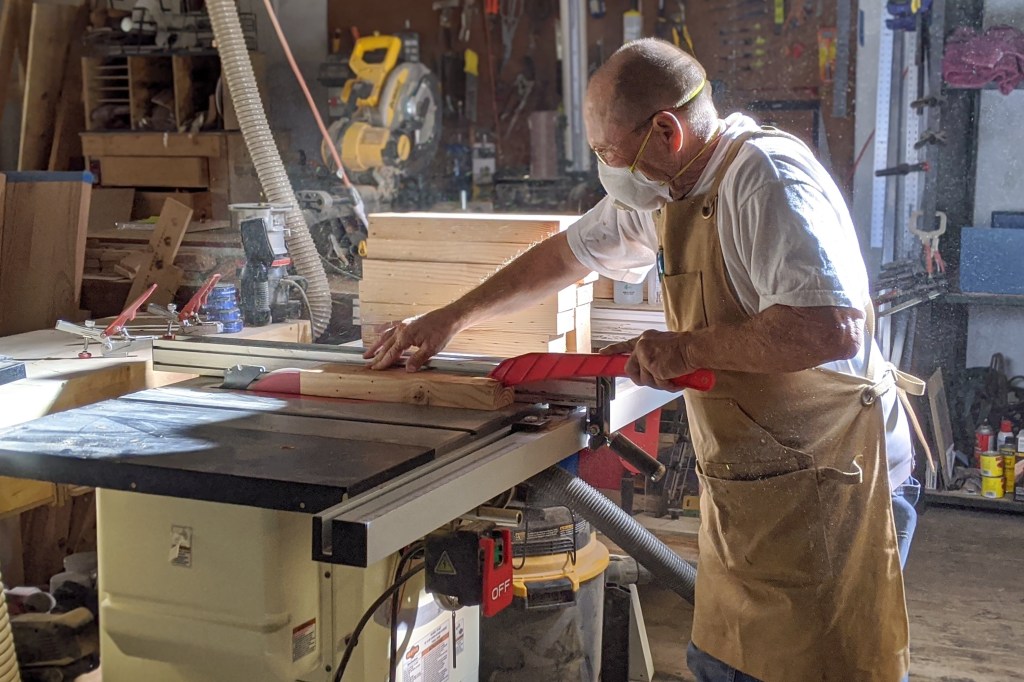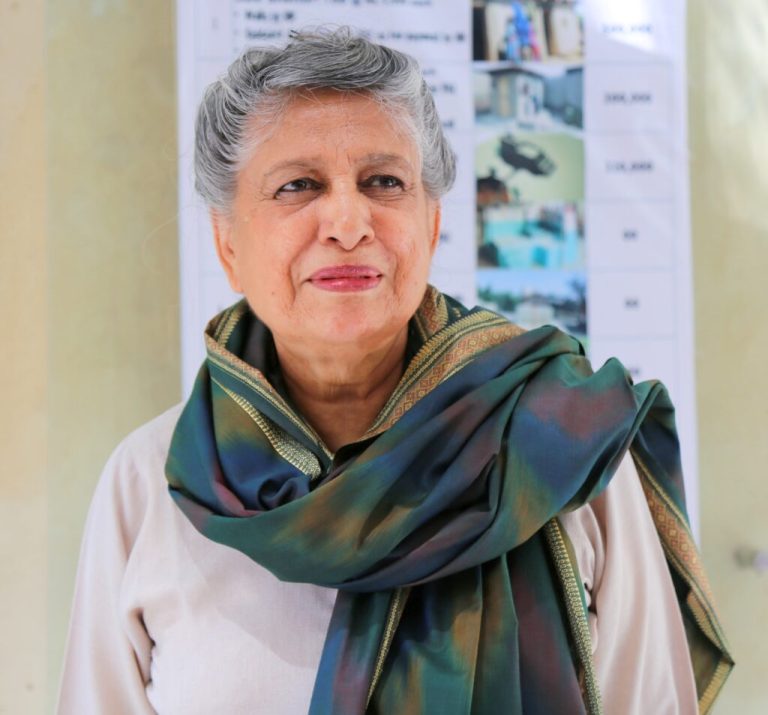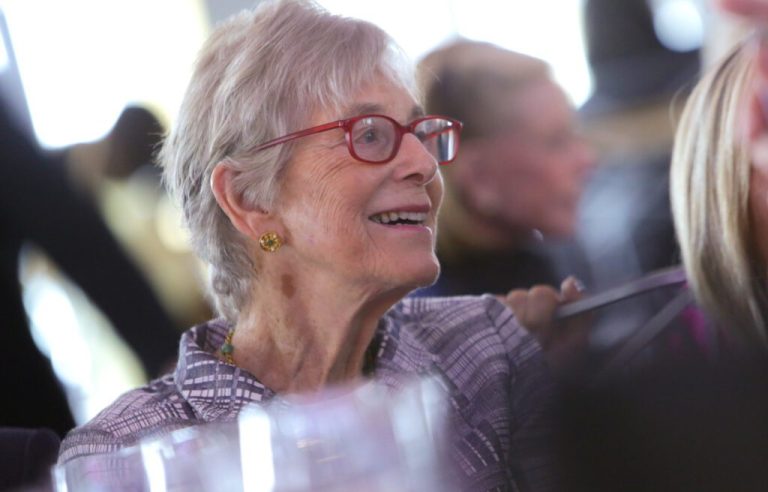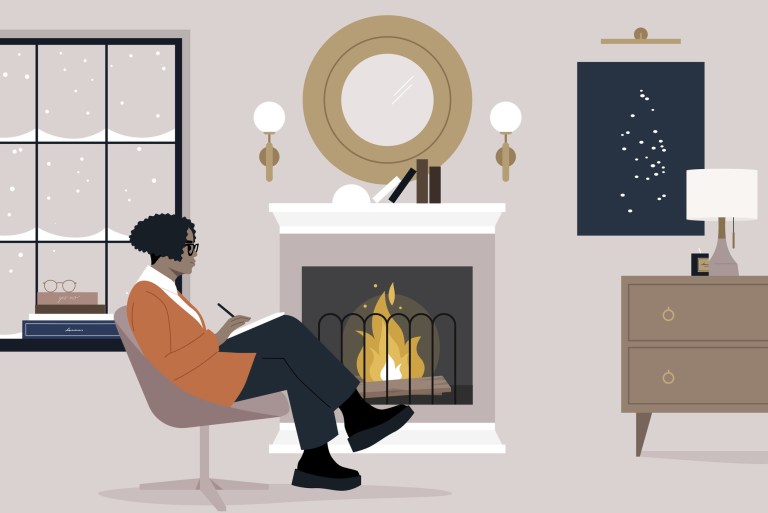These intricately crafted, Japanese-style end tables don’t just make beautiful additions to your home — they also help formerly incarcerated individuals transition to independent living. The Donation Collection, a new initiative in which historically marginalized communities build furniture from construction waste and fallen trees, gives both artisans and discarded materials a second chance.
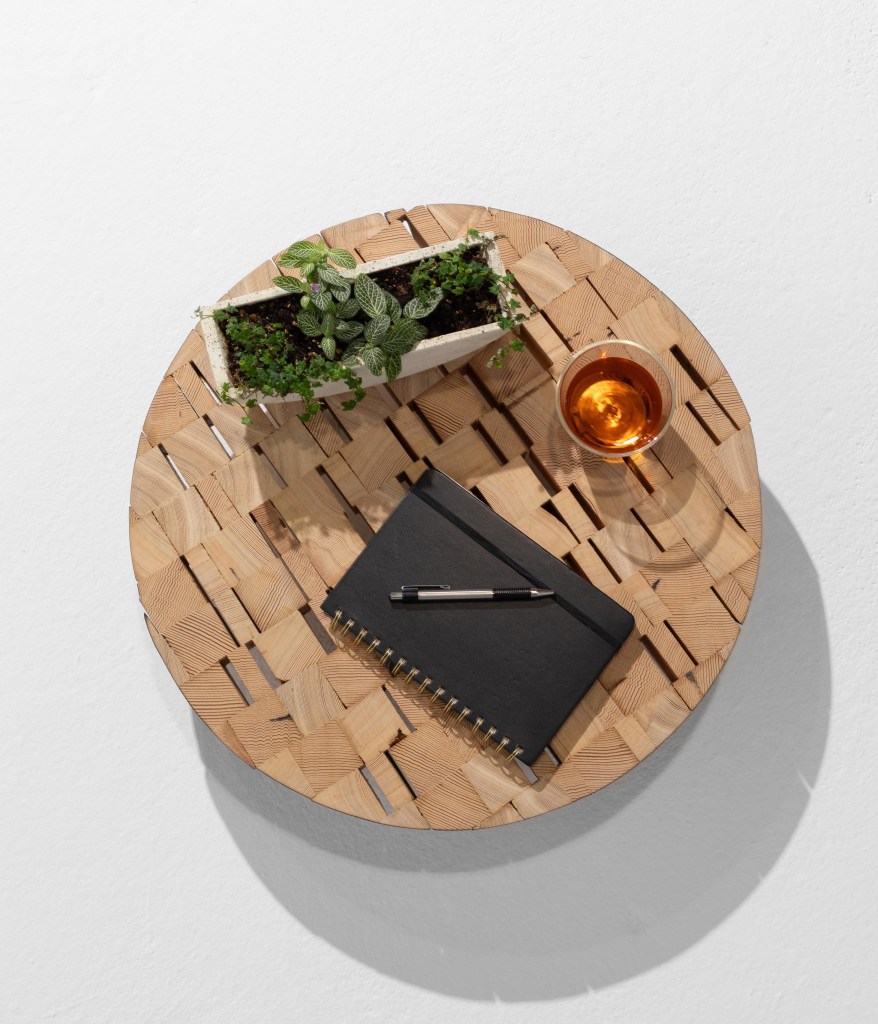
The designs for its first release, consisting of two “Healing Forest Tables,” are a collaboration between Designing Justice + Designing Spaces, a nonprofit architecture firm seeking to end mass incarceration, and Formr, an organization that offers disadvantaged individuals — including those who served prison time, veterans, and immigrants — a fresh start through crafting furniture.
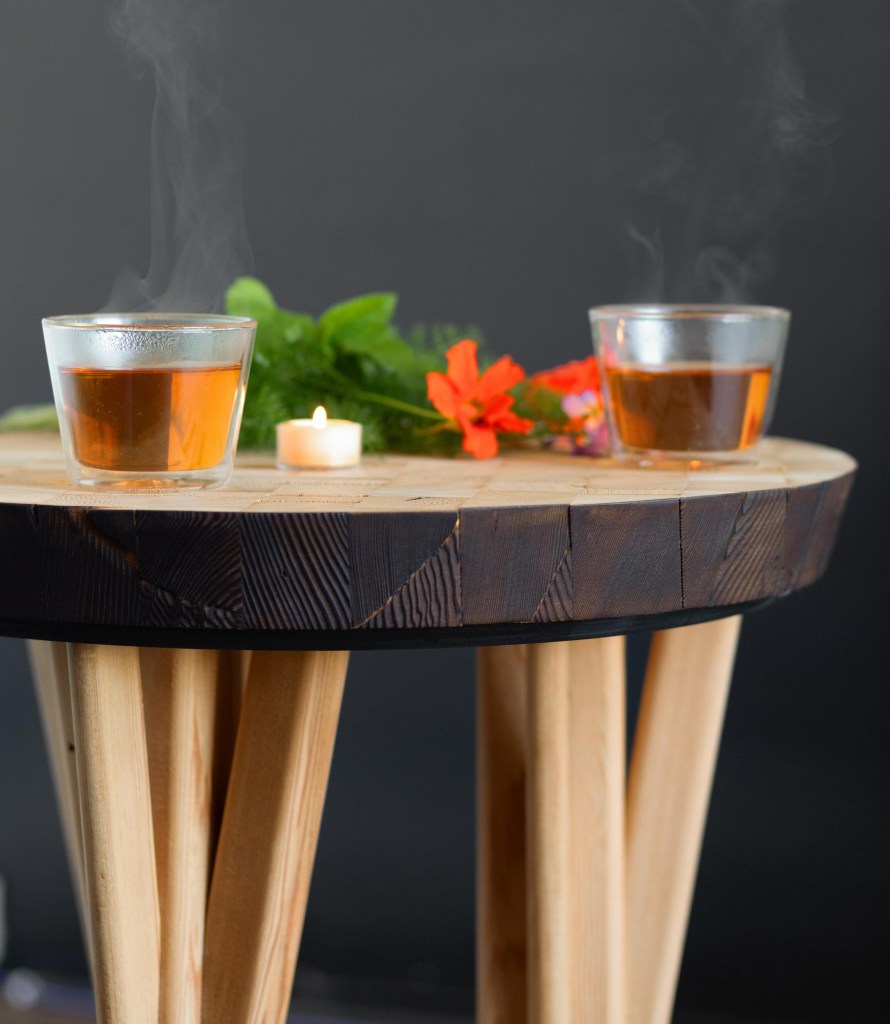
The limited-edition tables, available until June 30, come in two styles: a small version with metal hairpin legs and a large one with wooden branch legs. They’re made using Shou Sugi Ban, a Japanese method that chars the wood and increases its resistance to fire and water, creating dark edges and highlighting the wood grain’s pattern in the process. As a bonus, Formr plants a tree for every order, and all come in eco-friendly packaging.

But the initiative’s social impact doesn’t end there. A little over half of the proceeds from the tables are being donated to A New Way of Life: a holistic reentry program that offers housing and support to formerly incarcerated women. Last year, on average, over 90% of women who accepted help from the nonprofit met annual benchmarks considered “crucial” to reentry, the org shared.
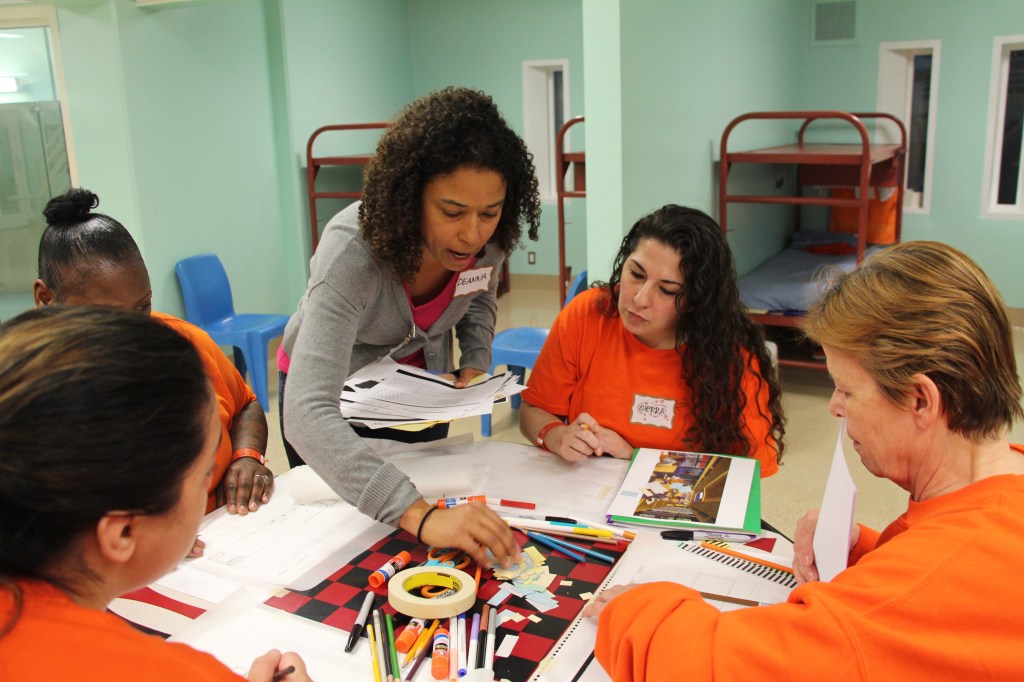
“This collection embodies our collaborative design philosophy, where people impacted by mass incarceration are essential co-creators of the spaces and objects that support healing,” Deanna Van Buren, founder of Designing Justice + Designing Spaces, said in a press release. “It’s a beautiful cycle of renewal — from discarded materials finding new purpose, to artisans rebuilding their lives, to women supported through the proceeds. By creating objects that represent growth and resilience, we invite people to bring this powerful symbol of transformation into their homes.”

This is only the beginning for the initiative: Formr plans to partner with different designers to create new limited-edition collections and donate the funds to nonprofits. “We’re driven by the belief that transformation can do more — it can give second chances to both people and the planet,” Formr founder Sasha Plotitsa said. “By repurposing construction waste into something beautiful and functional, we reduce environmental impact, while our production process creates meaningful job opportunities for individuals from disadvantaged communities. Each piece is a testament to what’s possible when we invest in both sustainability and social equity.”
To learn more about Designing Justice + Designing Spaces and see more of its projects, click here.
RELATED: Bottling Second Chances: Inmates Craft Fine Wine on a Remote Tuscan Prison Island
